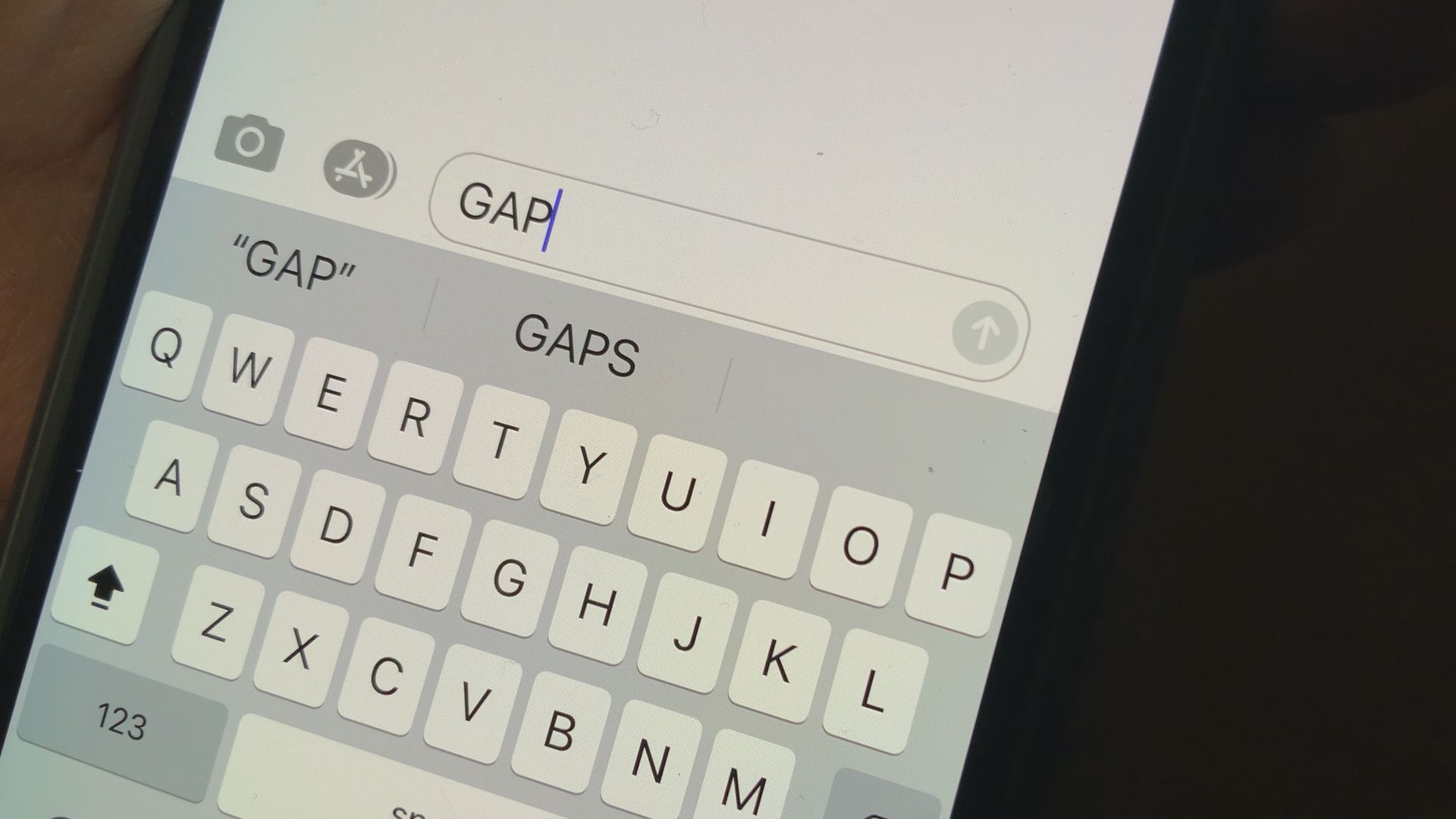- Home
- The Latest
- These Secret Codes are meant t ...

that’s “keep parents clueless”. Here are some things your kids don’t want you to know.
For as long as there have been smartphones there have been people trying to hide things from their parents or significant others. Teens and pre-teens are particularly skilled at sending text messages in secret codes just in case their parents want to check their phones.
Emoji have been used for these secret messages for years but parents have discovered some of those emoji combinations are easily de-coded. The ‘eyes’ emoji paired with an emoji of a piece of fruit or vegetable means someone is asking to see nude pictures. The ‘wind’ or ‘smoke’ emoji are used to signify smoking or vaping. Other emoji often used to send a message about drug use are ‘leaves’ or a ‘leaf’.
Now that parents have deciphered emoji meanings, many teens and pre-teens are using acronyms more frequently that are almost impossible for an adult to understand what’s being communicated. Kids might text someone that “KPC” which is code for “keeping parents in the dark”. According to the website NetLingo, these are some of the most common (and troubling) acronyms being used by people today.
WTTP want to trade pics?
WYA where you at
WYD what are you doing?
FWB friends with benefits
TDTM talk dirty to me
MOS, DOS, POS parents are watching 9, cd9 or code 9, prw
AITR adult in the room
KPC keeping parents clueless
THIRSTY needs attention, usually sexual
FINSTA a second instagram account (often secret)
K2 synthetic marijuana
121 move to a private or one-on-one chat
143 i love you
182 i hate you
4Q F*^&% You
53X sex
?^ hook up
ASL age, sex, location
COBRAS come on by right after school
GAP gotta pic
LH6 let’s have sex
LHOS online sex
NIFOC naked in front of computer
PA, P911 parent alert
RU/18 are you over 18
RU\18 are you under 18
If you’re suspicious don’t just check their messaging app
Suspicious parents who are searching through text messages looking for these acronyms may not see them in messaging apps that come pre-loaded on smartphones. Smartphone messaging apps such as Snapchat, WhatsApp, and Signal are increasingly being downloaded and used to send encrypted messages to friends and others they’ve met online. Those apps can automatically delete messages after they’ve been read.
Parents searching a phone for those apps may not see them. There are dozens of ‘hidden locker’ apps for iPhones and Android devices where people can store apps they don’t want someone else to see. In iOS 14, users can hide apps from their home screen. Suspicious parents may want to scroll to the left to the last screen where they can find a list of all apps that are installed on the phone.

